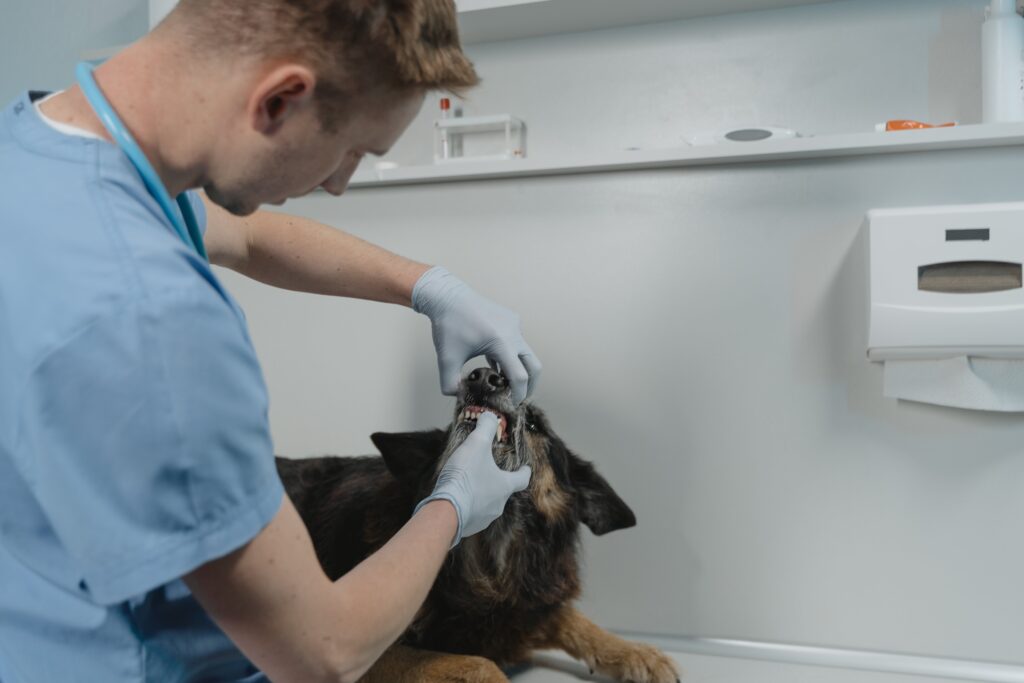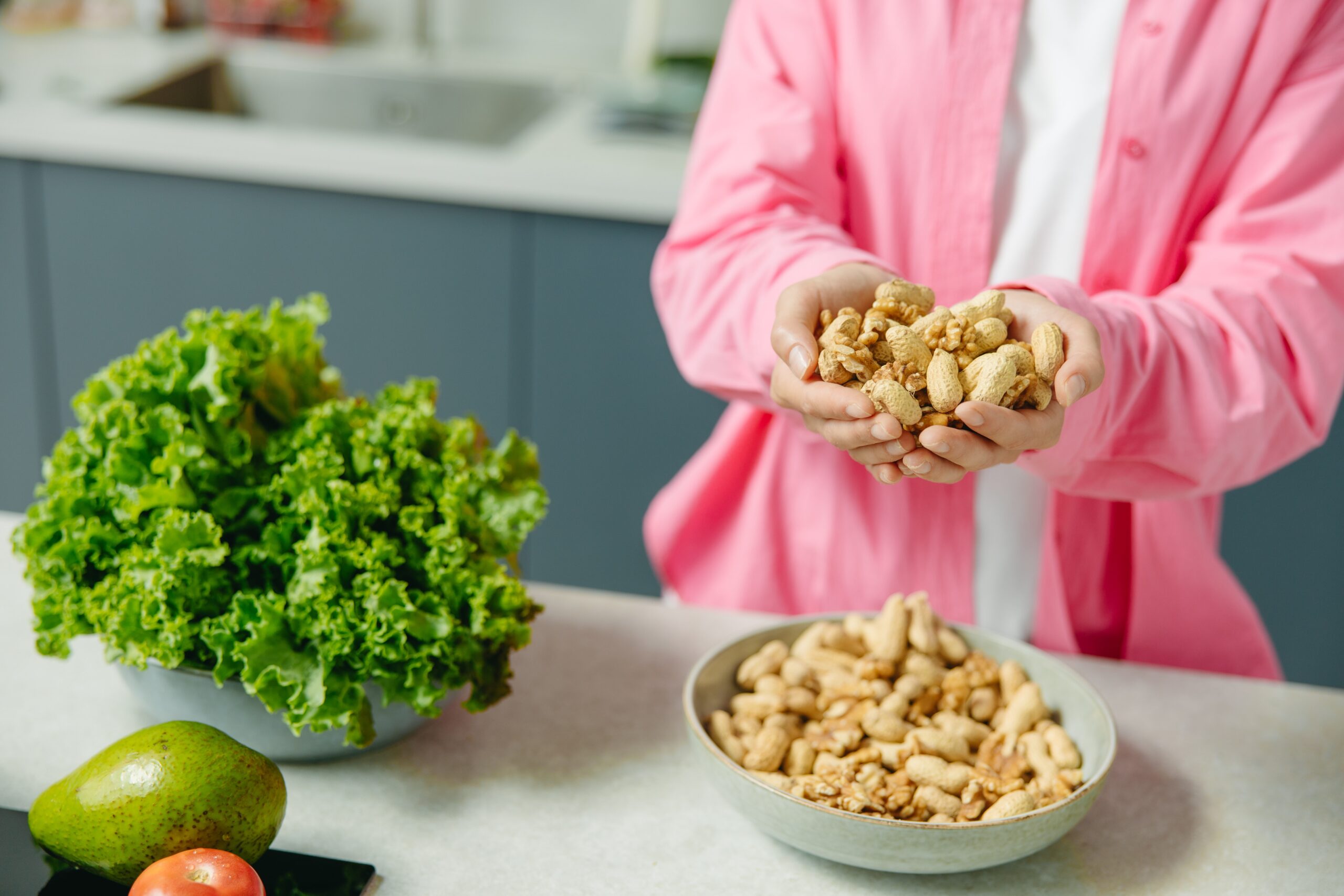
Bringing a new pet into your home is a joyous and exciting experience. Whether it’s a playful puppy, a curious kitten, a feathery friend, or a scaly companion, one of the most critical aspects of pet care is providing the proper nutrition. Choosing the appropriate food for your pet is crucial for their health, well-being, and happiness. This comprehensive guide will explore the key factors to consider when selecting the best food for your new pet.
Understand Your Pet’s Species and Breed
The first step in choosing the right food for your new pet is understanding their species and, if applicable, their specific breed. Different animals have unique nutritional requirements, and even within species, variations can occur. For example, a Chihuahua and a Great Dane have different nutritional needs despite being dogs. Research and identify your pet’s specific requirements to make an informed choice.
Dogs
- Consider your dog’s size, age, and activity level.
- Some breeds may have predispositions to specific health issues; factor this into your choice.
- Consult your veterinarian for breed-specific recommendations.
Cats
- Cats are obligate carnivores; their diet should be primarily meat-based.
- Consider your cat’s age, weight, and any existing health conditions.
- Opt for high-quality cat food that meets feline nutritional needs.
Birds
- Different bird species have varied dietary requirements.
- For example, parrots need a balanced diet of fruits, vegetables, and seeds.
- Consult an avian specialist for species-specific guidance.
Reptiles
- Research the natural diet of your reptile species.
- Be mindful of the reptile’s age and size when selecting food.
- Some reptiles require live prey, while others can thrive on commercial diets.
Read Labels and Ingredients for Pet’s food
When choosing pet food, it’s essential to become a label detective. Pay close attention to the ingredients listed on the packaging. Here’s what to look for and avoid:
Quality Protein
- Ensure the primary ingredient is a high-quality protein source, such as chicken, beef, or fish.
- Avoid foods with vague terms like “meat by-products” or “animal digest.”
Limited Fillers
- Minimize the inclusion of fillers like corn, wheat, and soy, which offer little nutritional value.
- Look for whole grains like brown rice or oats if they are included.
Avoid Artificial Additives
- Choose foods without artificial colours, flavours, or preservatives.
- Natural additives like vitamins E and C are preferable
Wet Vs Dry food
- Both wet and dry food can suit your pet, but consider their needs.
- Wet food may be more hydrating and suitable for cats, while dry kibble can help with dental health.
Special Dietary Needs
- If your pet has allergies or sensitivities, look for hypoallergenic or limited-ingredient diets.
- Consult your veterinarian for specific dietary recommendations.
Consider Life Stages and Health Conditions of pet
Your pet’s nutritional needs can vary based on their life stage and any existing health conditions. Tailoring the diet to their specific requirements is crucial for their well-being.
Puppies and Kittens
- Young animals need a diet that supports growth and development.
- Look for “puppy” or “kitten” formulas that provide the necessary nutrients.
Adult Pets
- Adult animals generally require balanced nutrition for maintenance.
- Choose food appropriate for their species and size.
Senior Pets
- Older pets may benefit from diets tailored to joint health or other age-related concerns.
- Consult your veterinarian for guidance on senior pet nutrition.
Health Conditions
- If your pet has a medical condition, such as diabetes or kidney disease, they may need a specialized diet.
- Work closely with your vet to choose the most suitable food for their needs.
Consult with Your Veterinarian

Your veterinarian is an invaluable resource for selecting the right food for your new pet. They have in-depth knowledge of your pet’s health, history, and needs. Feel free to ask for their advice and guidance.
Regular Check-ups
- Schedule regular check-ups to monitor your pet’s health and dietary requirements.
- Your vet can recommend dietary changes as your pet ages or if health issues arise.
Prescription Diets
- In some cases, your veterinarian may prescribe a specialized prescription diet.
- These diets are formulated to address specific medical conditions.
Explore Different Feeding Methods in Pet
Choosing the right food for your pet also involves considering the feeding method that best suits their needs and your lifestyle.
Free-Feeding
- Some pets can graze throughout the day and self-regulate their food intake.
- This method is often used with dry kibble.
Scheduled Meals
- Controlled portion sizes and scheduled mealtimes can benefit pets with specific dietary requirements.
- It also allows you to monitor their food intake.
Treats and Supplements for pet
- Be cautious with treats and supplements, which can contribute to obesity or nutrient imbalances.
- Use them sparingly and choose high-quality options.
Monitor and Adjustment for Pet wellness
Once you’ve chosen the right food for your pet, monitoring their health, weight, and overall well-being is essential. Keep an eye on their appetite, energy levels, and coat condition. If you notice any changes or concerns, don’t hesitate to adjust your diet or seek guidance from your veterinarian.
Monitoring Your Pet’s Health
Regular Veterinary Check-ups
- Schedule routine check-ups with your veterinarian to assess your pet’s overall health.
- These appointments are an excellent opportunity to discuss your pet’s diet and any concerns you may have.
Observing Weight and Body Condition
- Regularly weigh your pet and monitor their body condition score.
- Consult with your veterinarian to ensure your pet maintains a healthy weight.
Health Concerns and Symptoms
- Pay attention to changes in your pet’s behaviour, energy levels, or appearance.
- Watch for signs of allergies, gastrointestinal issues, or other health concerns.
Monitoring Your Pet’s Eating Habits
Appetite and Food Consumption
- Keep track of your pet’s daily food intake and appetite.
- Sudden changes in appetite could be a sign of underlying health problems.
Food Allergies and Sensitivities
- Be vigilant for symptoms of food allergies or sensitivities, such as skin issues, digestive problems, or ear infections.
- If you suspect allergies, consult with your veterinarian for dietary adjustments.
Dietary Adjustments for Pet
Age-Related Changes
- As your pet ages, their nutritional requirements may change.
- Consult your veterinarian for guidance on transitioning to senior pet food if necessary.
Weight Management
- Work with your veterinarian to create a weight management plan if your pet is overweight or underweight.
- Adjust portion sizes or switch to a weight management formula as needed.
Special Dietary Needs
- If your pet develops a medical condition, such as diabetes or kidney disease, your veterinarian may recommend a specialized prescription diet.
- Follow your vet’s guidance on transitioning to this specialized food.
Taste Preferences
- Pets may develop taste preferences over time.
- If your pet refuses to eat their current food, consider trying different flavours or brands within the same quality category. Gradual Changes
Gradual Transitions for Pet
Changing Diets of pet
- When making dietary adjustments, it’s essential to transition gradually.
- Mix a small amount of the new food with the old food, gradually increasing the new food’s proportion over several days.
Avoid Sudden Switches
- Sudden changes in diet can lead to gastrointestinal upset or food aversion.
- Gradual transitions help your pet adapt to the new food without digestive issues.
Consult with Your Veterinarian
Professional Guidance for pet
- Always consult your veterinarian if you need more clarification about the required dietary adjustments.
- Always consult your veterinarian if you need more clarification about the required dietary adjustments.
- Your vet can provide tailored recommendations based on your pet’s specific needs.
Prescription Diets
- If your pet has a medical condition, your veterinarian may prescribe a specialized diet.
- Ensure you follow your vet’s instructions closely when implementing these diets.
Conclusion
Selecting the correct type of food for your new pet is a fundamental aspect of responsible pet ownership. Understanding your pet’s species and breed, reading labels, considering life stage and health conditions, consulting with your veterinarian, exploring feeding methods, and monitoring your pet’s well-being are all critical components of this process. By making informed choices, you can help ensure that your pet enjoys a happy and healthy life with you. Remember, the love and care you provide are as important as the food you choose.



